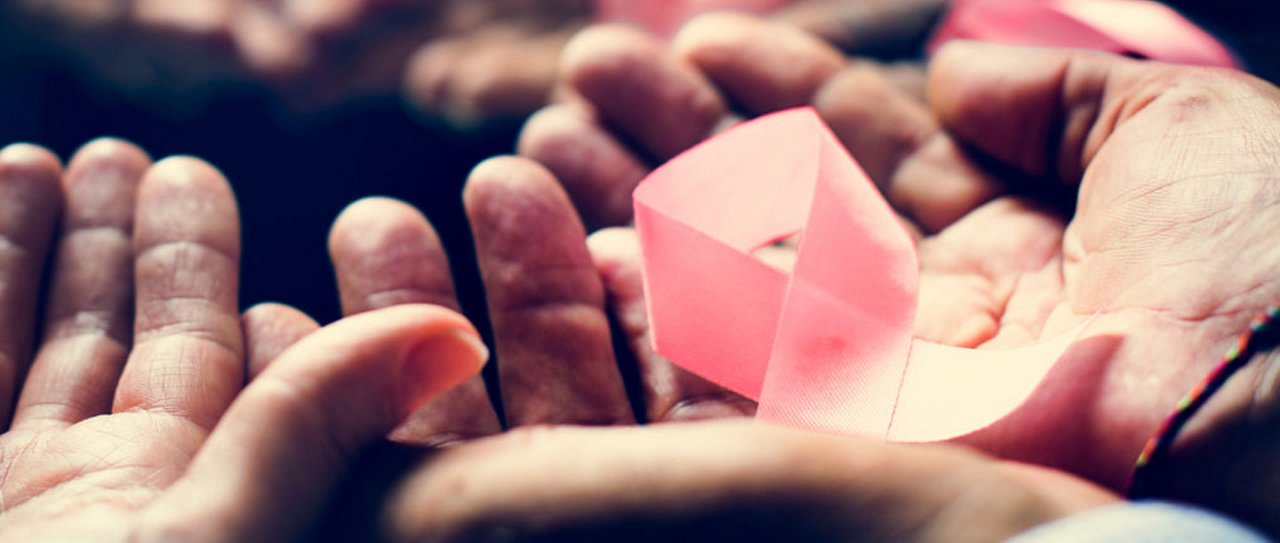Male breast cancer is rare but not uncommon

How often do you hear of men being diagnosed with breast cancer?
Not often – but that doesn’t mean it's not possible.
Like women, men are born with some breast tissue. This small amount of breast tissue can turn into cancer, although at lower risk than women. Unlike women, men are not accustomed to getting mammograms.
Breast cancer for men is rare but not uncommon. According to Breastcancer.org, less than 1% of all breast cancers occur in men. In 2019, it’s estimated that over 2,000 men in the US will be diagnosed with these diseases, resulting in 500 male breast cancer deaths. One in 1,000 men are at risk of being diagnosed with breast cancer in their lifetime. Although breast cancer in men is rare, studies have shown that male breast cancer is on the rise.
Here are some of the risk factors for male breast cancer:
Growing older
This is the number one risk factor. The average age of men diagnosed with breast cancer is 68.
High estrogen levels
High estrogen levels can be a result of:
- Being overweight
- Taking hormonal medicines
- Heavy Alcohol consumption
- Liver disease
Klinefelter syndrome
Men with Klinefelter syndrome have high levels of estrogen (female hormone) and lower levels of androgens (male hormone). This puts them at a higher risk of getting breast cancer.
Family history of breast cancer
A family history of breast cancer in the family, involving either the male or female members increases the risk of male breast cancer – especially if other men in the family have been diagnosed. Two genes, BRCA1 and BRCA2 (breast cancer gene) give rise to most of male breast cancer that runs in families.
Radiation exposure
If men have been treated with radiation to the chest, their risk of developing breast cancer increases.
The average time between developing symptoms and diagnosis amongst men is about over a year to 19 months. That’s a very long time probably because men don’t think they’re susceptible to breast cancer.
Be aware of these symptoms and talk to your doctor if you suspect changes:
- Lump in the breast, which is usually painless
- An inverted nipple
- Nipple pain
- Nipple discharge (clear or bloody)
- Sores on the nipple or areola
- Enlarged lymph nodes under the arm, in the arm pit
Ask questions to educate yourself on male breast cancer. It’s never too late to help yourself.
Blue Cross and Blue Shield of North Carolina does not discriminate on the basis of race, color, national origin, sex, age or disability in its health programs and activities. Learn more about our non-discrimination policy and no-cost services available to you.
Information in other languages: Español 中文 Tiếng Việt 한국어 Français العَرَبِيَّة Hmoob ру́сский Tagalog ગુજરાતી ភាសាខ្មែរ Deutsch हिन्दी ລາວ 日本語
© 2024 Blue Cross and Blue Shield of North Carolina. ®, SM Marks of the Blue Cross and Blue Shield Association, an association of independent Blue Cross and Blue Shield plans. All other marks and names are property of their respective owners. Blue Cross and Blue Shield of North Carolina is an independent licensee of the Blue Cross and Blue Shield Association.





